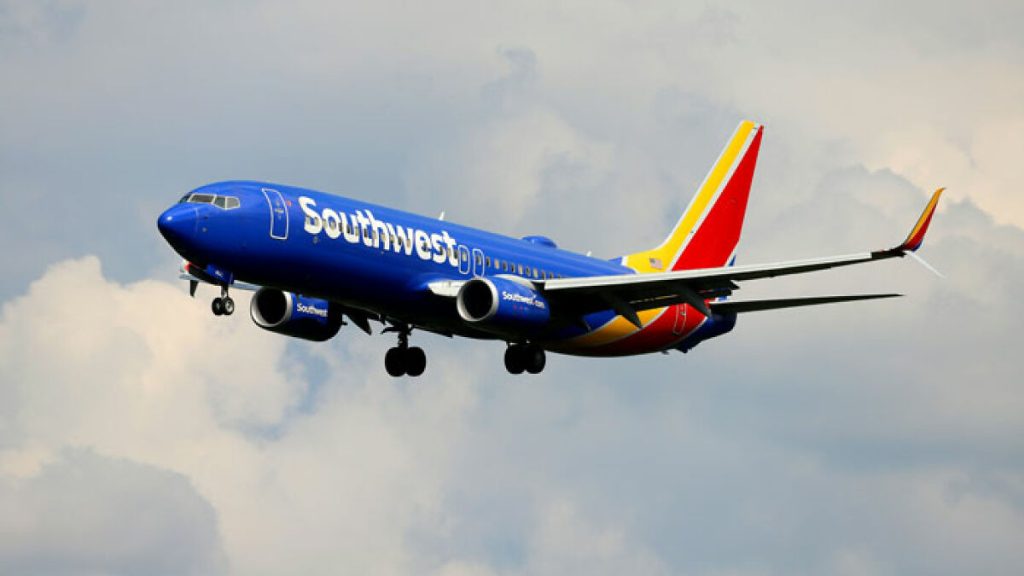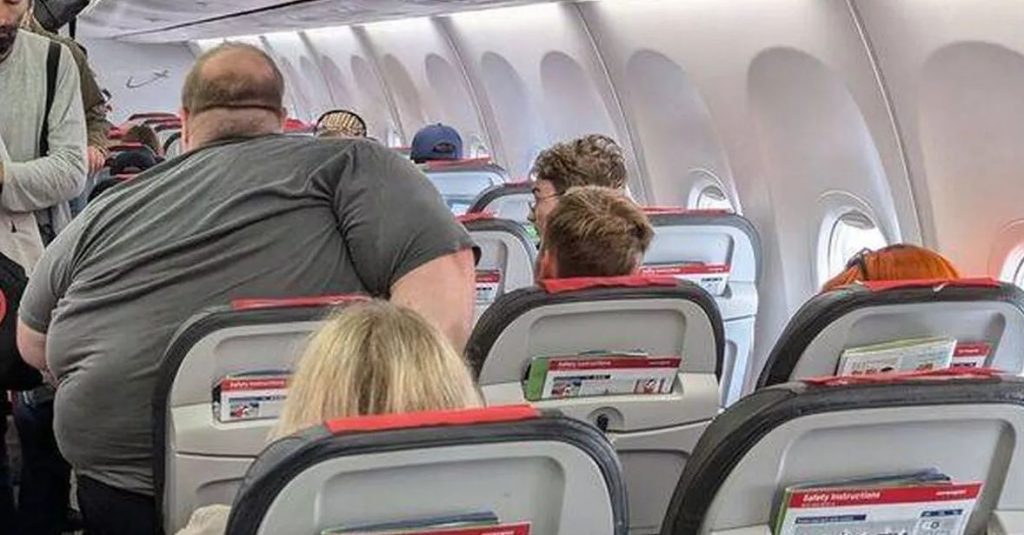Southwest Airlines has ignited backlash after announcing a significant change to how it accommodates plus-size passengers. Historically, the airline allowed individuals who needed extra space to either pay for an additional seat in advancesometimes refundable or request a second seat at the gate without charge. Starting January 27, 2026, this approach will be replaced with a stricter policy: all passengers who cannot fit comfortably in a single seat must purchase an extra seat at the time of booking, with no guarantee of refund.
Under the new rules, if the flight isn’t fully booked and both seats were purchased in the same reservation, the airline may issue a refund—provided a refund request is filed within 90 days after the flight. Otherwise, passengers who fail to reserve an extra seat in advance face either paying a more expensive “walk-up fare” at the airport or being rebooked on another flight if the flight is full.

Public Reaction & Advocacy Response
The announcement sparked swift condemnation from fat-positivity advocates and plus-size travelers. Tigress Osborn, Executive Director of the National Association to Advance Fat Acceptance, stated that the policy could “price larger travelers out of the luxury” of air travel, adding: “They can’t afford to take that gamble.”
Travel agent Jason Vaughn of Fat Travel Tested, a resource for plus-size travelers, observed: “I think it’s going to make the flying experience worse for everybody,” expressing concern over the airline drifting from its customer-friendly identity. Corinne Fay, writing for the fashion newsletter Big Undies, expressed an emotional response: “It made me feel like crying because it’ll make my life a lot harder.” She highlighted the significant financial impact, estimating the cost difference could be $400 versus $800—or even more.
Mixed Opinions & Support from Some Travelers
Not everyone viewed the change negatively. On Reddit, several users defended the policy, emphasizing equity and fairness:
“If you need two seats to fly, then you need to pay for two seats. Why is that controversial?”
“Controversial, but I think you should also pay accordingly if you weight the equivalent of two people… Additional luggage is charged per kg, so why shouldn’t people be charged for every kg over, say, 100 kg?”
“Good. Airlines for years have charged tall people like me extra for more leg room.”
Implementation & Seat Assignment Changes
The new policy coincides with Southwest’s broader operational overhaul, including the shift from their famed open boarding process—where passengers choose their seats on board—to a fully assigned seating system initiating January 27, 2026. This modernization, according to a Southwest statement, is intended to streamline operations and clarify seating logistics for both employees and customers.

Conclusion
Southwest Airlines’ new seating policy marks a significant shift in how airlines approach passenger comfort, fairness, and operational efficiency. While the airline argues the change ensures consistency and proper seat allocation, critics see it as a financial and emotional burden for plus-size travelers. Whether this policy becomes an industry standard—or sparks broader debate about inclusivity in air travel—remains to be seen. The controversy highlights a deeper question: should airlines prioritize revenue models, or develop solutions that balance profitability with fairness, dignity, and accessibility for all passengers, regardless of body size or physical needs?

















